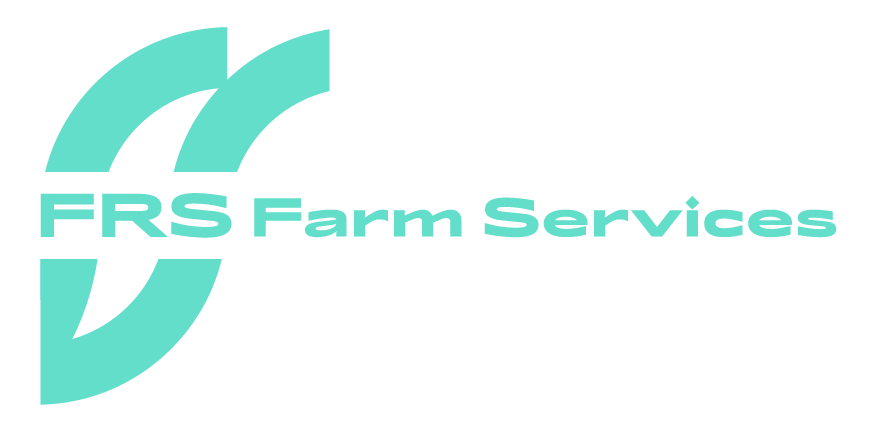With Springtime farm activity at its peak, sheep farmers across Ireland are busy lambing and moving flocks out to grass. At this time of year farmers and farm staff are handling animals a lot more. It is important to be aware that all animals carry a range of organisms and in some cases, these can be transferred to humans and may cause ill health.
It is important for farmers to be aware of the risks, symptoms and dangers associated with infection transferred from sheep. They must practice good hygiene and farm management to protect themselves and farm workers. Teagasc has found that Orf, Toxoplasma and Enzootic Abortion are most commonly found in Ireland throughout Spring.
Orf
Orf is caused by a virus transmissible to humans by contact with infected sheep. Orf most commonly presents itself on the hands, arms, or face. Infection causes skin lesions to appear. These lesions can be itchy and painful and may last a few weeks. In some cases where secondary bacteria is detected the lesion can become infected.
Infection can be caused by direct contact with infected animals, mostly sheep, but humans may also contract Orf from goats too. Also, infection may be spread through contaminated objects such as gates, fences or feeding troughs. To prevent infection within your herd, consult with your Vet on having a plan for flock health. Farmers can also practice good farm hygiene and ensure general cleanliness around housing, gates, troughs etc. It is recommended to wash any known area with soap and water and always wear gloves when handling sheep.
Toxoplasma
Toxoplasma is an infection that can be passed from sheep and cats to humans. In particular, cat faeces and sheep that are aborting or lambing, may present a hazard. Toxoplasma is a small parasite that in many cases is asymptomatic. With some cases, humans may experience mild symptoms including swollen glands, raised temperature or aches. Toxoplasma can be most dangerous for humans who have a weak immune system or pregnant women. Infected mothers-to-be could pass it to the unborn baby in the womb. The result of this infection may cause medical complications to unborn child.
To prevent Toxoplasma, consider vaccinating all sheep used for breeding. Once again, maintain good farm hygiene and do not eat or drink after directly handling sheep without cleaning hands thoroughly. Always wash your hands with warm soapy water. If cats are present on the farm, dispose of cat litter daily and keep any sand boxes covered when not in use. If a pregnant or vulnerable person should need to visit the farm, ensure they are aware of the risks.
Enzootic Abortion
Lastly, we look at Enzootic Abortion. This is caused by Chlyamydia which is a bacteria that is found widespread in animals, commonly in sheep and goats, and can also be transmitted to humans. This disease is often thought to come into the flock through replacement ewes. Infection travels from ewe to ewe through infected afterbirth, or from ewe to lamb before birth. It can also be transmitted onto new-born lambs or in vaginal discharges for up to two weeks post lambing. Bedding can become a contaminated area. Once again pregnant women are at the highest risk if they assist with lambing. Symptoms include fever or influenza-like symptoms.
To prevent Enzootic Abortion, farmers should include the vaccination as part of their plan for flock health. Pregnant women should not handle the vaccine and avoid ewes at lambing time, new-born lambs and the afterbirth. Also, do not handle boots or coats that have come in contact with ewes and lambs until after they have been washed on a hot cycle.
If you experience any symptoms of Orf, Toxoplasma or Enzootic Abortion, it is important to seek medical advice immediately. Also, if you are concerned that you have become exposed to the above on an infected farm, contact your doctor as soon as possible for advice.
If you require help over the coming weeks or months, contact your local FRS Office. FRS have a range of skilled operators available. Visit www.frsfarmrelief.ie for more information.
